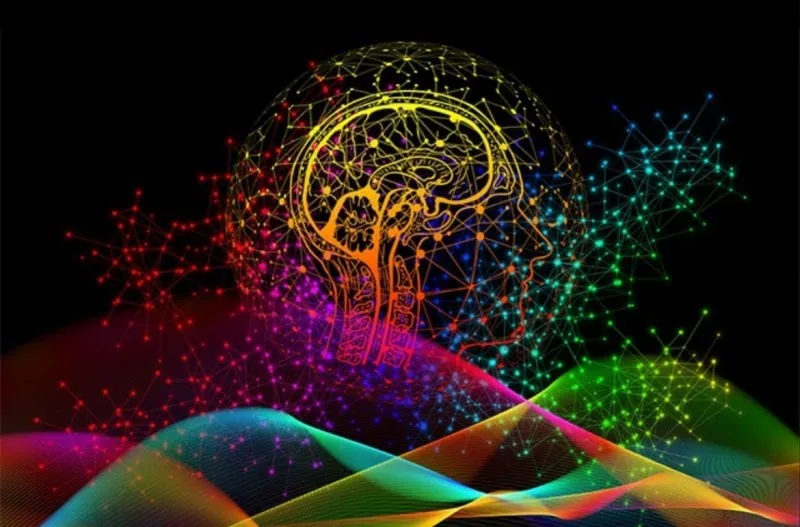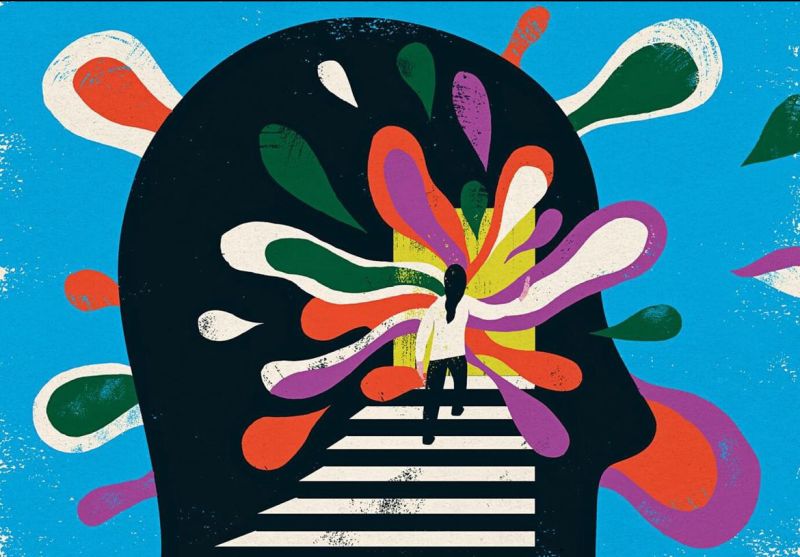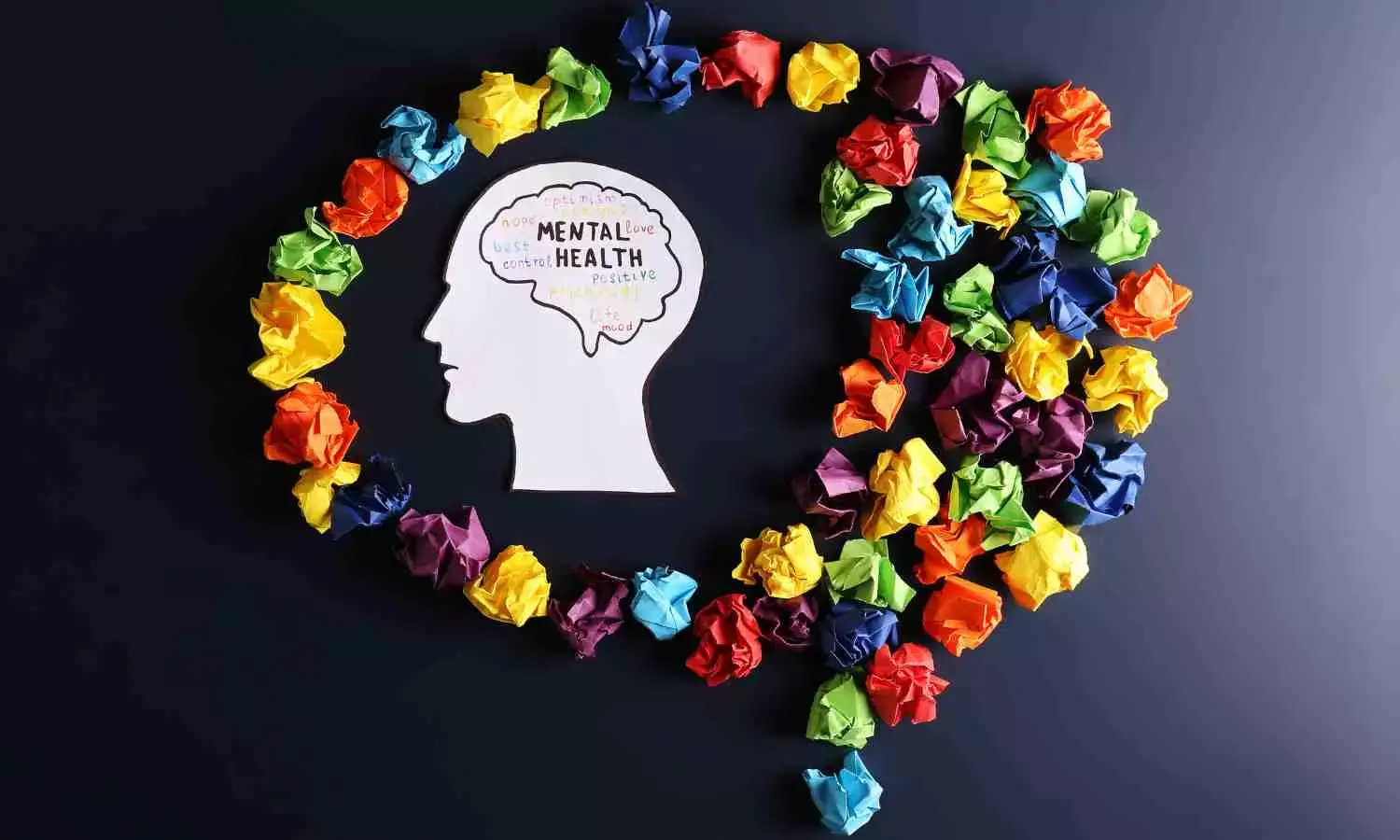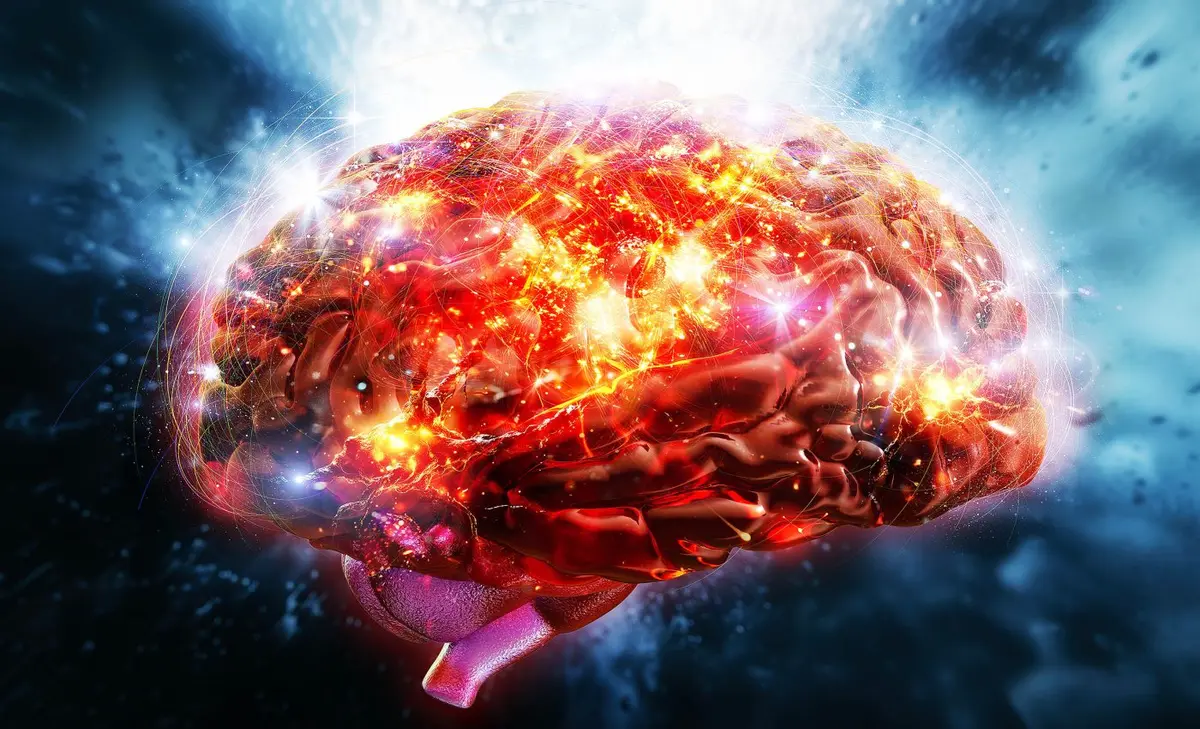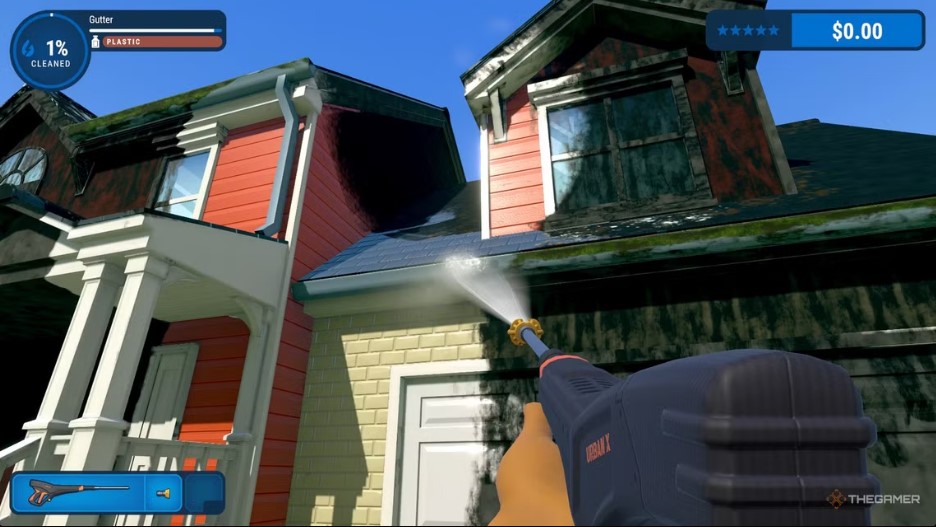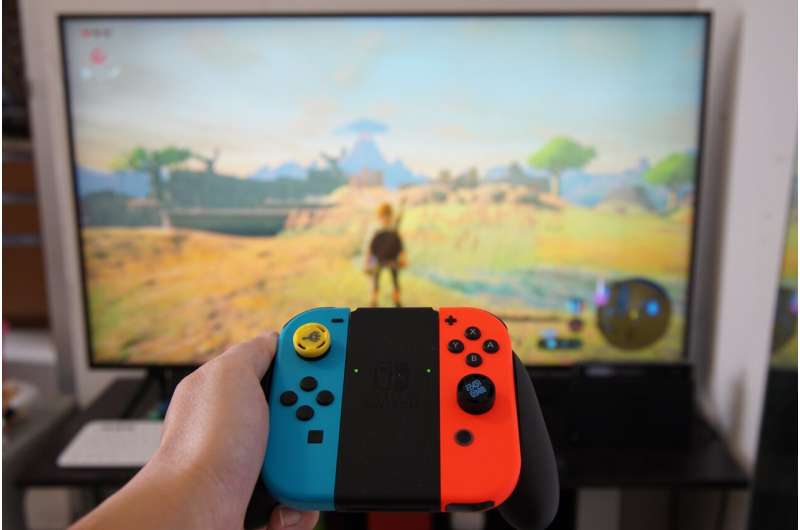Psychology Today – the concept of video game addiction is flawed.
One of the greatest challenges with sharing the incredible potential video games hold as mental health treatments is overcoming inaccuracies around video game addiction.
The World Health Organization (WHO) declared video game addiction a disorder in 2019. However, many professional organizations including the American Psychological Association have not agreed with this conclusion.
From the very subjective diagnosis techniques to the lack of consideration of what conditions could lead a player to overplay videogames, there is much to be discovered about “video game addictionâ€
“We would not diagnose depressed individuals with hypersomnia with a comorbid ‘bed addiction.’†In other words, someone with depression might stay in bed for days, but this does not mean that they are addicted to the bed. In the same way, an autistic person or someone with depression or ADHD might appear to be addicted to video games even when they are not. In short, many diagnosed with gaming disorder may simply be autistic or have ADHD.
If you are the parent of a child or partner to a spouse who appears to be too involved with video games tread carefully.
There are many risks to be considered, from the idea your loved one may have found an accommodation for a underlying condition to the questionable efficacy and tactics of some very financially exploitative “video game addiction†programs, please excercise caution.
Remember: not all video games are healthy and anything done in access can be harmful, but bringing science and facts into this emotionally charged conversation will help guide us to truth and compassionate care for those who are struggling.
Source

